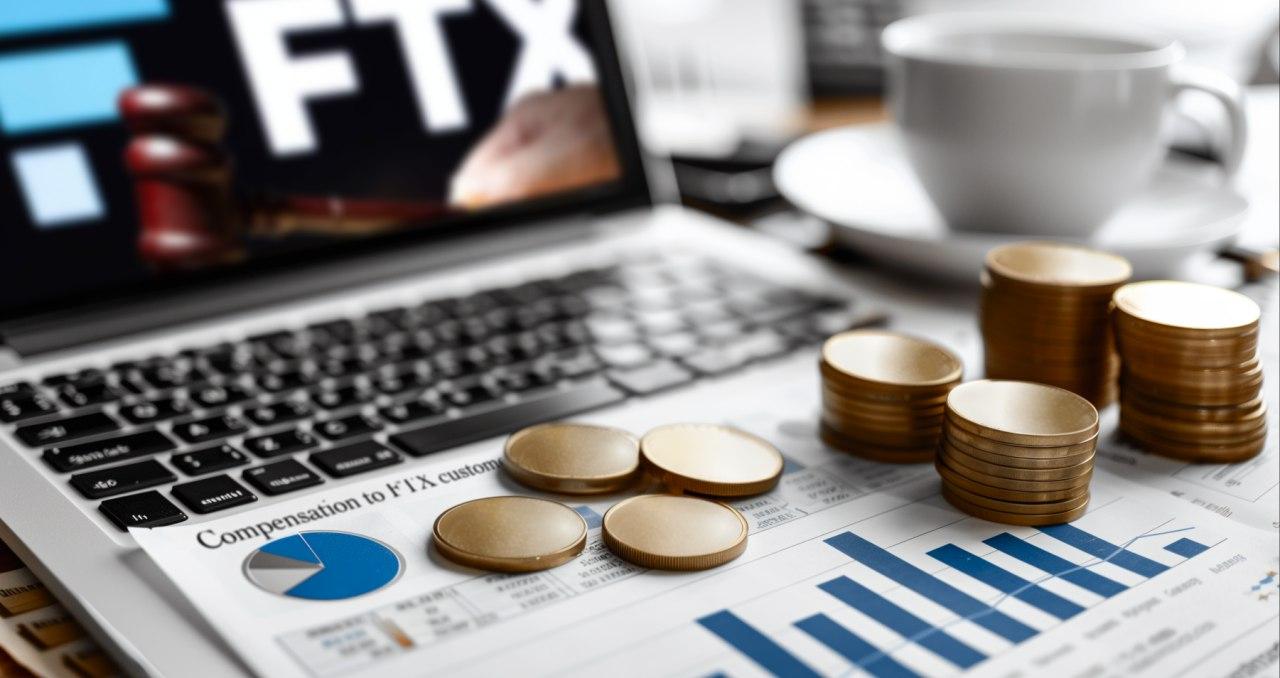FTX Payouts: What to Expect?

The upcoming compensations for FTX creditors (nearly $16 billion) are anticipated to significantly boost the crypto market, as most of these funds will likely be reinvested into cryptocurrencies. This article will detail the key elements of the compensation process: payment plans and queues, as well as other pressing concerns of the creditors.
On this page
The FTX Trading Official Committee of Unsecured Creditors has published a reorganization plan that specifies the terms for settling debts.
According to the plan, creditors will be classified into categories based on the nature of their claims:
- Owners: Creditors who stored assets in the exchange's wallets will receive compensation in the form of cryptocurrency.
- Traders: Traders who were active on FTX will be entitled to compensation for their lost funds.
- Investors: Creditors who invested in the company will receive compensation either in the form of assets or the bankrupt entity's property.
Furthermore, creditors are divided into several categories depending on the sum of their claims. Category 5A includes those with claims over $50,000. Category 7A includes claims ranging from $100 to $49,999. There are also unfortunate categories (from 13 to 18), considered to have “insignificant” claims, who will receive nothing.
According to the plan, FTX.com clients in Category 7A are expected to receive full compensation. They will be paid between 119 to 143 cents for each claimed dollar. Additionally, this category will accrue an extra 9% annually on unpaid claims from the date the claim was filed. The first disbursements for these clients are anticipated by the end of 2024 or the beginning of 2025.
Compensation for Category 5A is growing increasingly complex. These creditors will receive payments in several stages, but specific timelines have yet to be defined. For those unwilling to wait, there is an option to reduce their claim to $49,999.
The committee has promised that a priority distribution will also be made, but only after the voting on the proposed plan, which continues until August 16. The results of the vote will be announced one week before the hearing scheduled for October 7.
Not all creditors are eligible to vote. For instance, individuals who solely owned FTT tokens at the time of the bankruptcy, as well as those who had not registered their claim by the time the plan was published, are excluded from voting.
Additional Conditions
There are two potential compensation processes for FTX creditors, each with its own benefits:
- The Bahamian plan suits FTT token holders and creditors with smaller claims, which are not recognized by American regulators. Additionally, the Bahamas are still accepting documents from creditors.
- The U.S. liquidation and reorganization process oversees the majority of FTX assets, thus offering a greater likelihood of significant compensation for claimants with larger sums.
It’s important to highlight that creditors who are not U.S. citizens are not required to pay a 30% tax on funds received from the bankruptcy estate.
As of June 28, 2024, the Commission has received total claims from FTX.com clients (owners and traders) amounting to approximately $4.5 billion. This sum will be addressed as a priority. Investors will receive compensation after a pertinent decision by the Internal Revenue Service (IRS). Regulators have recently dismissed several substantial claims, clarifying that these will be processed only after the exchange clients receive full compensation.
Currently, there are no discussions about the exchange’s reboot or change of its ownership. The process of restructuring FTX's debts and settling payments has dragged on to such an extent that it is unlikely anyone would want to revisit this issue.
The content on The Coinomist is for informational purposes only and should not be interpreted as financial advice. While we strive to provide accurate and up-to-date information, we do not guarantee the accuracy, completeness, or reliability of any content. Neither we accept liability for any errors or omissions in the information provided or for any financial losses incurred as a result of relying on this information. Actions based on this content are at your own risk. Always do your own research and consult a professional. See our Terms, Privacy Policy, and Disclaimers for more details.

























